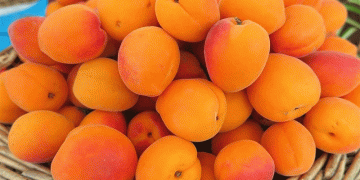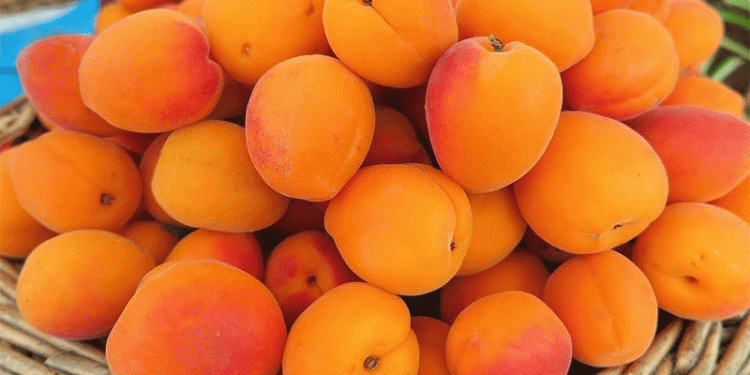The European apricot sector is bracing for a challenging 2025 season, with forecasts predicting a 10% decline in production compared to 2024. According to data from FruitVeb.hu, the harvest is expected to fall to 508,000 metric tons, down from 560,000 tons last year. While this is still 1% above the 2019-2023 average, regional disparities and climate disruptions are reshaping the industry.
2024 Recap: A Mixed Season with Regional Variations
The 2024 harvest was moderate, marked by stark contrasts across key growing regions:
- France’s Rhône Valley saw below-average yields, continuing a trend of weather-related volatility.
- Italy’s Emilia-Romagna rebounded after a disastrous 2023 season, though total output remained constrained by shrinking acreage (down 5% since 2020, per Eurostat).
- Spain and Greece maintained stable production, though early 2025 weather events threaten this balance.
2025 Forecast: Climate Extremes Take a Toll
The upcoming season faces multiple hurdles:
- Spain, Europe’s largest apricot producer, suffered severe hailstorms in Murcia and Valencia, damaging blossoms and reducing fruit set.
- Greece experienced late frosts in northern regions, impacting early varieties.
- Italy’s declining orchards (a 12% reduction in planted area over the past decade, per FreshPlaza) will further limit output.
- France, however, anticipates a strong recovery due to improved weather conditions and better crop management.
Market Implications and Adaptation Strategies
With supply tightening, prices may rise, particularly for premium-quality fruit. Experts at the MedFel Conference emphasized:
- Diversification of varieties to withstand climate shocks.
- Investment in protective measures (e.g., anti-hail nets, frost-resistant cultivars).
- Precision agriculture to optimize water and nutrient use amid increasing droughts.
While the 2025 apricot harvest is expected to dip, proactive farming strategies and technological adoption could mitigate future risks. For growers, agronomists, and policymakers, the key takeaway is clear: resilience through innovation will be critical in sustaining Europe’s apricot industry against climate volatility.































